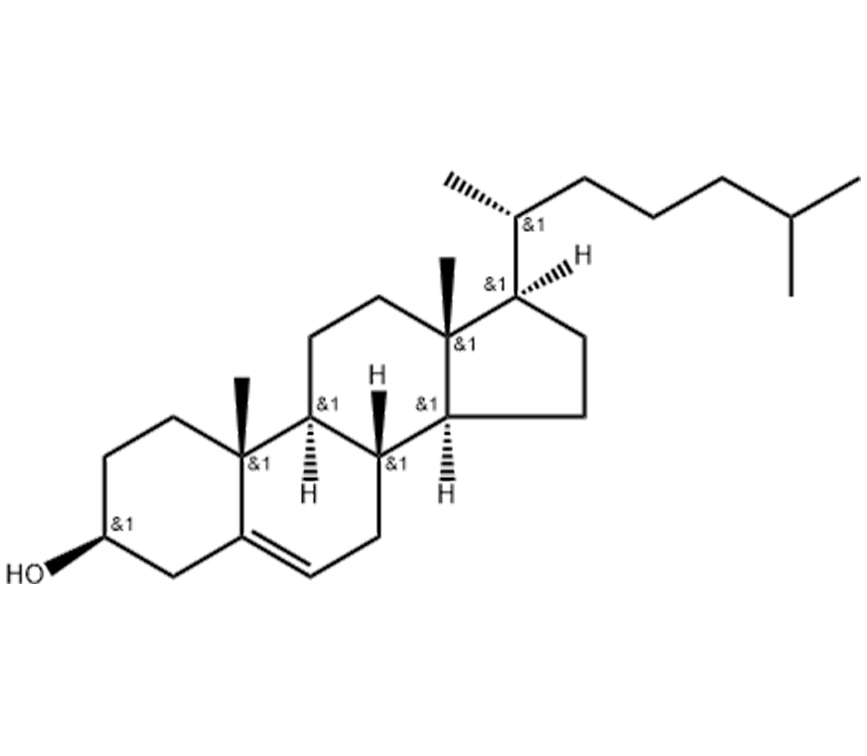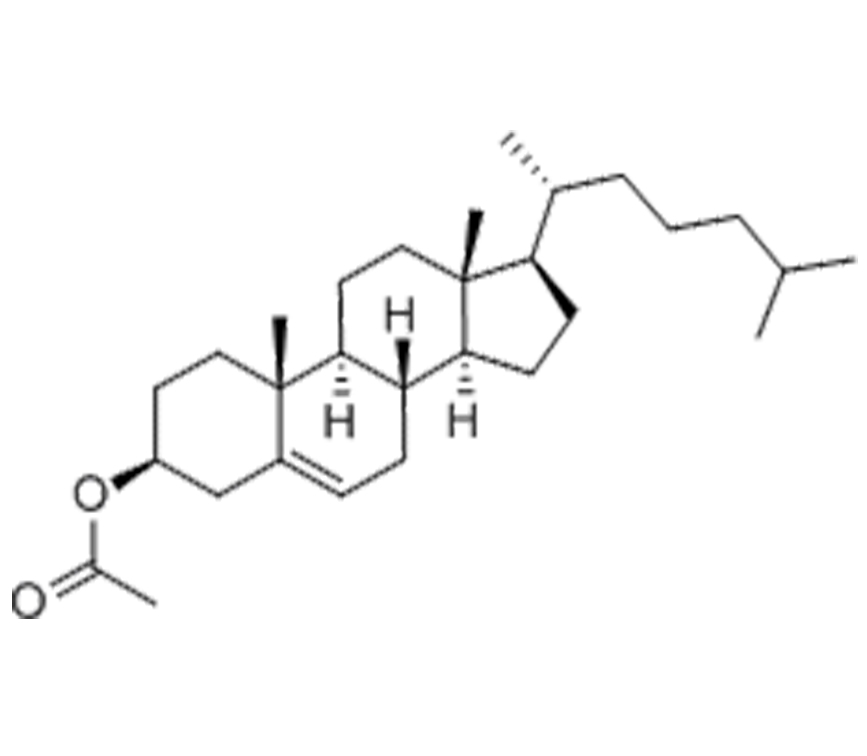What is plant-based cholesterol?
Plant-derived cholesterol actually refers to phytosterols, which are naturally found in plants. Phytosterols have a similar chemical structure to animal-derived cholesterol (such as cholesterol from meat and dairy products), but their effects and sources are different.
Main features:
Similar structures: Phytosterols have a similar chemical structure to cholesterol, but usually have an extra side chain than cholesterol.
Lowers cholesterol: Phytosterols can compete with cholesterol for absorption in the intestines, thereby reducing the absorption of cholesterol. This mechanism can help lower blood cholesterol levels and help reduce the risk of cardiovascular disease.
Food sources: Phytosterols are widely found in a variety of plant foods, such as nuts, seeds, beans, whole grains, and vegetable oils (such as soybean oil and corn oil).
Additives: Some food manufacturers add phytosterols to their products to help consumers lower cholesterol. For example, some vegetable butters, yogurts, and beverages contain phytosterols.
Health benefits:
Increasing the intake of phytosterols, usually combined with a healthy diet and lifestyle, can help lower low-density lipoprotein cholesterol (LDL-C) levels, thereby reducing the risk of cardiovascular disease. This effect has been verified by multiple studies, so phytosterols are considered an effective way to lower cholesterol.
Overall, phytosterols are a beneficial component of plants that have a positive effect on cardiovascular health.







